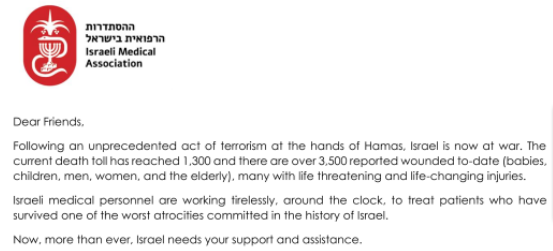The coronavirus vaccine is causing some patients who have received cornea transplants to reject the donated tissue, Israeli doctors have found.
They have brought the problem, easily fixed but harmful if untreated, to the attention of the international medical community with an article in a prestigious peer-reviewed journal on the first two cases.
Prof. David Zadok, director of ophthalmology at Shaare Zedek Medical Center in Jerusalem, told The Times of Israel that six cornea transplant recipients out of a total of 200 under his care complained of blurry vision after their second shot of the Pfizer coronavirus vaccine. There have been similar complaints in other Israeli hospitals, he added.
“People complained of blurred vision and saying they don’t see as well as they saw before,” Zadok said. “They are complaining of a graft rejection.”
He elaborated: “This is happening because the immune system is stimulated by the vaccine, and in its heightened state identifies the cornea transplant as a foreign body.”
The fix that Zadok successfully used is simple — steroid drops if the rejection is new, or if it has been going on for a few days, steroid pills. “This is possible after a few days or even a couple of weeks, but if it’s left, people could need a new cornea transplant,” he said.
After most types of transplants, patients are given steroids or other substances to suppress their immune system and prevent rejection. Cornea transplant recipients are an exception as rejection is rare.
Zadok said that now that coronavirus vaccines have been shown to prompt rejection in some cases, doctors can simply subscribe a course of steroids for a short time after vaccination to protect from this side effect.
“It is important that doctors know about the phenomenon so that we can prevent more cases in the future,” he said.


